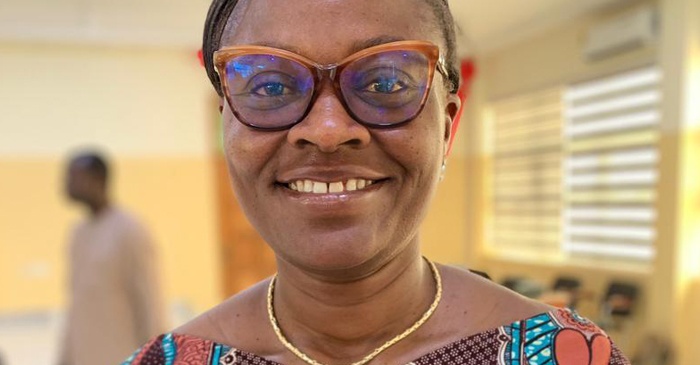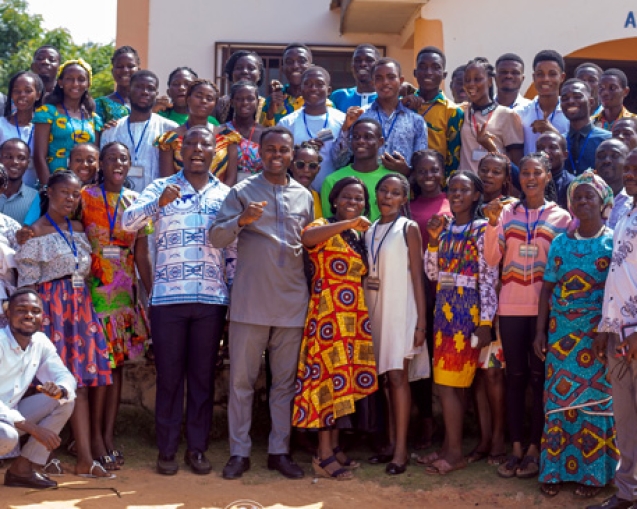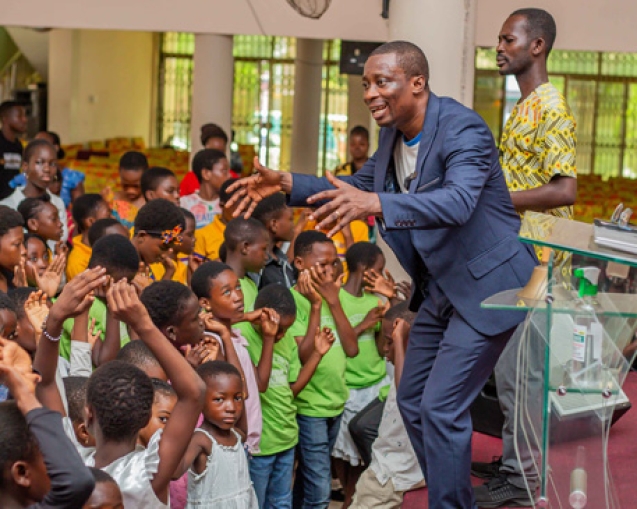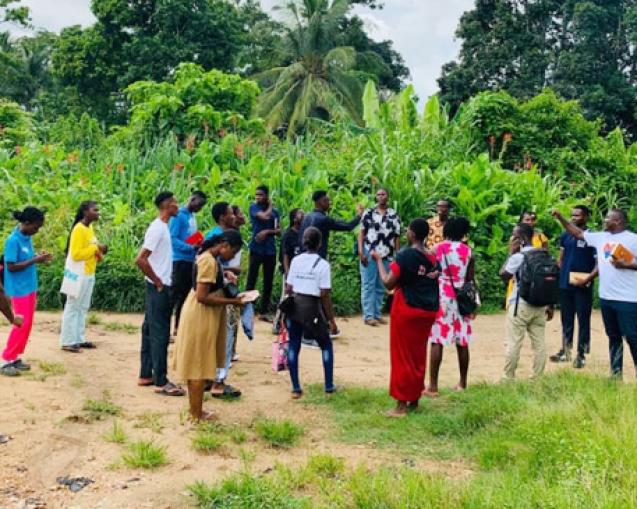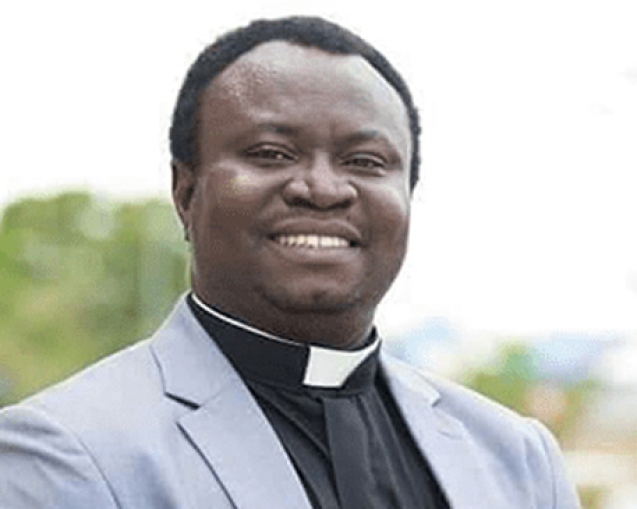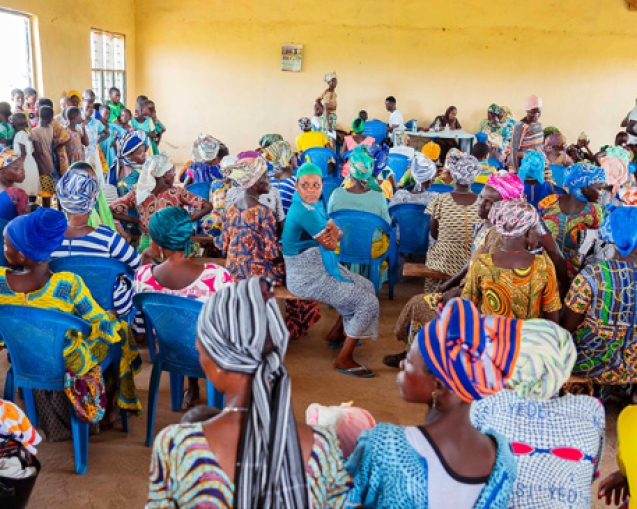The current society in which we live is gradually being transformed into a place where truth can no longer be perceived as absolute. It is a society that accepts any kind of behaviour and deems it normal. A society where right and wrong depend on the individual defining them. A society that applauds deviant behaviour and attitudes while remaining passive and disinterested in righteousness, integrity, holiness, faithfulness, forgiveness, and good morals is indeed corrupt. Such a state is described by Isaiah 59:14-15:
“So justice is driven back, and righteousness stands at a distance, truth has stumbled in the streets, and honesty cannot enter. Truth is nowhere to be found, and whoever shuns evil becomes a prey. The Lord looked and was displeased that there was no justice.”
In such a corrupt society, believers (Christians) are called upon to translate their religiosity into morality so they can transform their spheres. Religiosity is the quality or state of being religious; that is, manifesting faithful devotion, being fervent, zealous, and highly dedicated to the practices, customs, rituals, and traditions of a religion. Morality, on the other hand, pertains to the principles concerning the distinction between right and wrong, respect for and obedience to the rules of right conduct, and the mental disposition or characteristics of behaving in a manner intended to produce good results. Religiosity depends on beliefs and practices, but morality requires a conscious compliance with accepted norms (values and principles). Therefore, morality is supposed to be the end product of religiosity. In other words, one’s religiosity can best be measured by his moral life.
On the contrary, our society is full of religious people; both young and old belong to various religious sects, yet corruption and immorality are on the ascendancy. According to the 2021 government Population Census, 71 percent of Ghanaians profess to be Christians. Unfortunately, this high percentage of Christians in the nation has not been able to translate their religiosity into morality. This is well measured by their impact, which is not felt in our societies except for the wrong reasons.
It is incumbent, therefore, on Christians in general (especially The Church of Pentecost Members as a call) to translate their religiosity into morality to influence every sphere of society with the values, lifestyle, and principles of the kingdom of God. It is timely and very urgent for us to rise and respond to this call.
The urgency is due to the rate at which corruption and immorality are compounding, crimes being committed, and evil behaviours being commended, projected, highlighted, and applauded in society at the expense of the Glory of our God. Thus, the next generation stands at risk of complete moral decadence or faith in extinction. The journey from religiosity to morality must, therefore, be an intentional one.
As Daniel resolved in his heart not to defile himself with the king’s food in Daniel 1:8, Christians must also resolve to effect, transform, and impact their spheres of influence with kingdom values and principles. Just as yeast permeates dough (Matthew13:33), so should the church (believers), through their conduct, cause the kingdom of God to flow to the workplace, streets, the corridors of authority, homes, and wherever they find themselves. We must intentionally refuse to give or accept bribes, speak the truth at all times, write the correct time for reporting and leaving the workplace, give correct accounts of monies entrusted into our hands, be faithful to our spouse, live a life of chastity as singles, etc. Doing these things will not only bring transformation to our society but also make the kingdoms of the world the Kingdom of our God.
Mere religiosity does not transform a nation, but a changed life does. It proves the power of the Christian faith and attracts the world to our Christ. The discipline of living one’s faith as in conduct has to be intelligent and intentional, backed by the Holy Spirit.
The church in Thessalonica translated their religiosity to morality and demonstrated this in 1 Thessalonians 1:9-10: “They tell how you turned to God from idols to serve the living and true God, and to wait for his son from heaven, whom he raised from the dead – Jesus, who rescues us from the coming wrath.” The scripture also testifies about their repentance, their commitment to serve God, and how they await the second coming of Jesus. These are the key traits of genuine Christian conversion. We must, therefore, live our everyday life from a godly perspective as stated in Ephesians 4:13. Our acts of religiosity must be translated into influencing this corrupt world with the values, lifestyle, and principles of God’s kingdom.
Isaiah 55:7 [NIV] states, “Therefore let the wicked forsake their ways and the unrighteous their thought. Let them turn to the Lord, and he will have mercy on them”.
May we be transformed by the power of the Holy Spirit to transform our world, cause credible changes, and possess the nations for God.
Written by Mrs. Eunice Atta-Adomako (Garu District)






